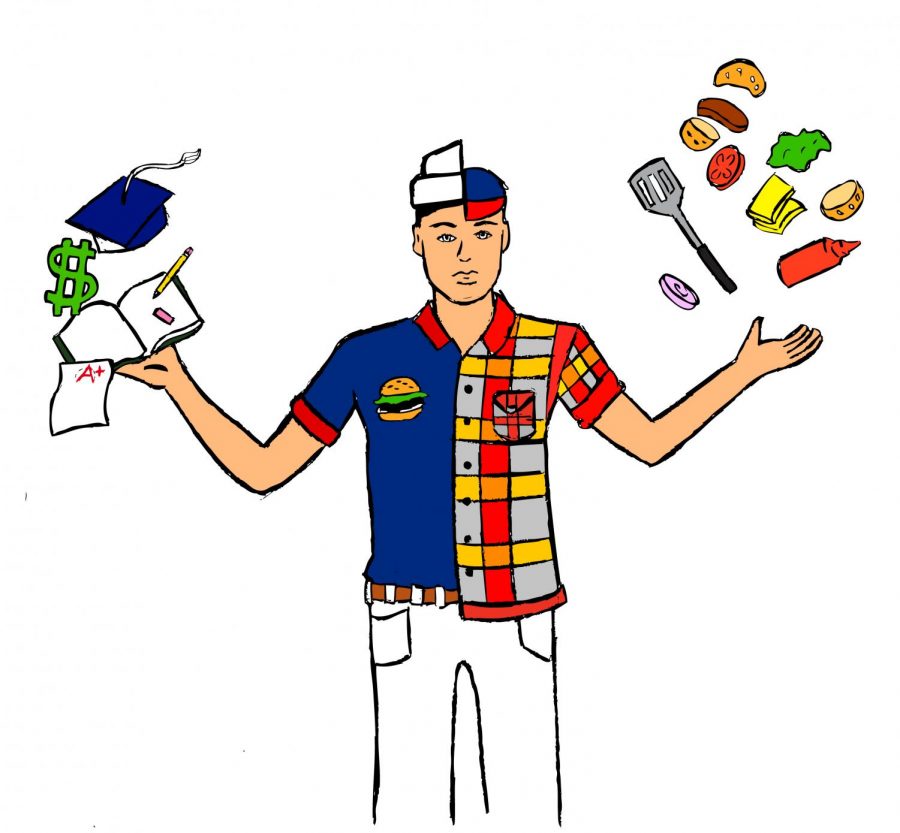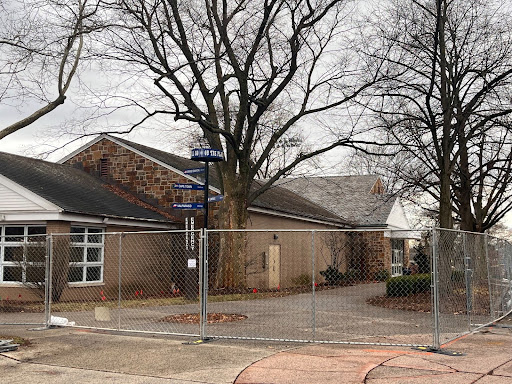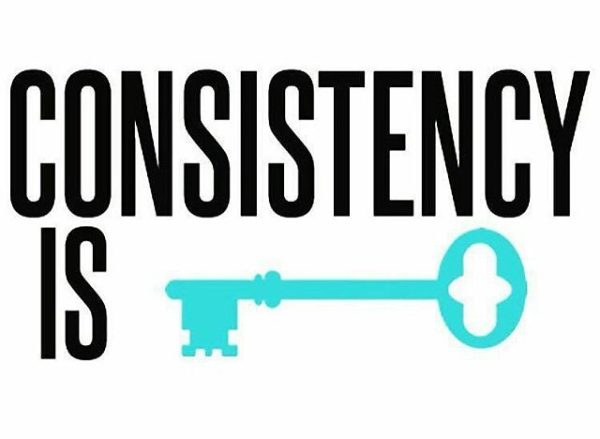The Plight of the Full-time Student Worker
College.
When alumni think of college, they look back on it fondly, remembering when they found themselves, their forever friends, and their path in life.
They think of their first roommate, a new experience like studying abroad, or their first time at a bar on their twenty-first birthday. They think of the memories they loved so much that they become the stories they tell to their future grandchildren.
In May, after a busy four years, I will graduate with my Bachelor’s degree in English. And when I look back, I, too, will think of the classes, the late nights in Reeves, and the exhilarant feeling that comes with receiving that hard earned “A” on an assignment.
Beyond that, however, my college experience has been unlike that of most of my peers.
That’s because my four years at Moravian have consisted of forty-hour weeks at school plus sixty-hour weeks at my jobs.
Weekends?
They have not been for relaxing or catching up on school work. They’ve been my “money-making” days as a waitress and bartender. And that’s been the case — my working full-time as a student and working full-time as a waitress — all four years I have been at Moravian.
My experience may seem extreme, but it’s hardly unique.
According to a recent Georgetown Report, I am one of 14 million students who are “working learners.” And I’m among the 40% of undergraduates who work to support themselves while they’re in school.
The Report calls us the “new normal.”
So why has this become the new normal? Why do so many students have to work long hours at outside jobs when they should be focusing on academics and finding themselves during their college journey?
My personal answer to this question is that I was a child who had to grow up way too fast.
I was raised by a single mother who did everything she could to ensure that my brother and I had a roof over our heads, food in our stomachs, and love in our hearts. Although loving, she didn’t always succeed.
So as the oldest child, I stepped in to provide for myself.
Following my mother’s advice, I applied to and was accepted by Moravian College, becoming the first member of my family to go to college.
I was a dedicated student, but I struggled to pay my mounting bills. At some point that first year, I knew that the only way I could stay in school was to abandon the jovial life of a freshman and work a full-time job around my academic schedule.
I’ve been doing it ever since — and it’s been exhausting.
Logging anywhere from forty- to sixty-hour weeks, I’ve worked in restaurants, gyms, biker bars — anywhere there was money to be made.
Some of my work shifts ran from 10:30am-3:30am. After clocking out, I’d write my course papers, study for tests, or contribute to group projects.
Soon enough, I began to feel isolated, because many of my fellow friends did not share my experience. I felt disheartened, as I watched my fellow classmates submit work that I so badly wanted the time to be able to complete. I felt ashamed when not every professor, or student, understood that I was working my days away to support myself and my family.
One thing that helped me was discovering that I was not alone.
At work, I made friends with other students, including Moravian undergrads, who were also enrolled full-time in school.
Together, we created our own, unique college experience and built our own crazy memories within the confines of all of our work schedules. We learned to become creative and efficient with our time, while making our own friend-families with each other.
Now with my graduation in sight, I am able to look back and feel an overwhelming sense of pride.
My college experience surely tested my limits, and believe me, there were many weeks where I did not believe that I would make it through. Now, I am able to look back upon myself and my success and realize how truly strong I am, and how I have completed something that felt impossible at times.
I write this not looking for sympathy but for empathy. Yes, I’m tired, and yes my experience has been difficult, but it is surely nothing to feel sorry about. I am simply experiencing college my own way.
When I ask for empathy, I mean to remind other students to be forgiving to their friends who may not be able to make it to the parties on the weekends, and to instead take a step in their direction and possibly visit them at their place of work.
Empathy: To remind professors that the work some students submit is something they may have used their little sleep time to finish. And that regardless, they are as proud as they can be of the outcome.
Empathy: To remind the community what working students sacrifice to survive. Empathy to occasionally buy your exhausted friend their favorite cup of coffee on a Monday morning. Empathy to try to understand.
Empathy, from me to my fellow working students, to be understanding and forgiving towards yourself because even on your hardest days you prevailed and have every right to be proud of yourself and who you’ve become.













